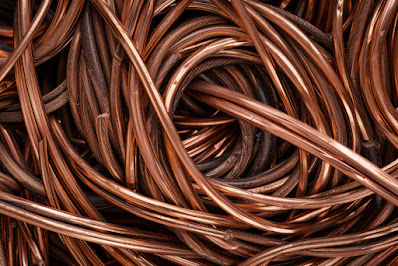Unveiling the Advantages and Types of Aluminium Wire: Your Ultimate Guide

A lot of businesses use aluminium rod and wire because it's strong and can be used in many ways. Al wire and bar is light and doesn't rust, so it is often used to build, make things, and do electrical work. You will learn about the different types of aluminium wire or rod , why they are useful, and how they can help you with your projects in this full guide. The metal is melted down to a very clean state and then pushed out of a mold to get the right shape. With the extrusion method, you can make things that are round, square, or rectangular, among other shapes. Al is a light metal that is easy to move and work with. This will make the whole job cheaper. Also, aluminium rods and lines are great for moving and wiring electricity because they make it flow very well. Advantages of Using Aluminium Wire/Rod 1. Lightweight and Durable One of the best things about aluminium wire or line is that it is very light. Al wire or bar is about...
